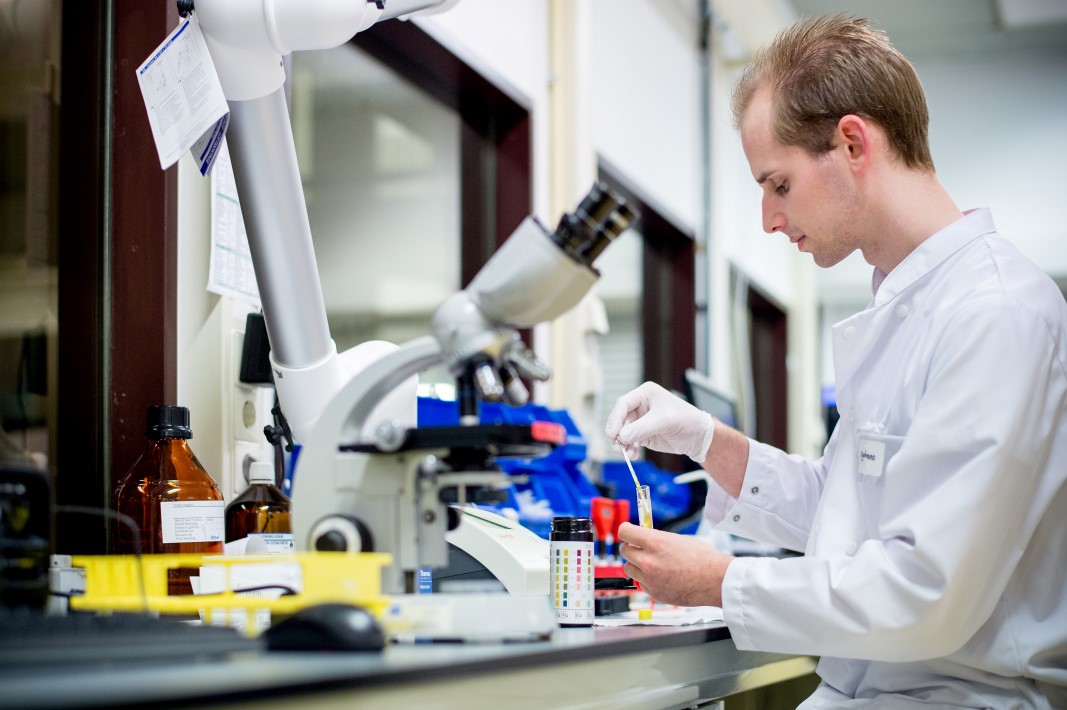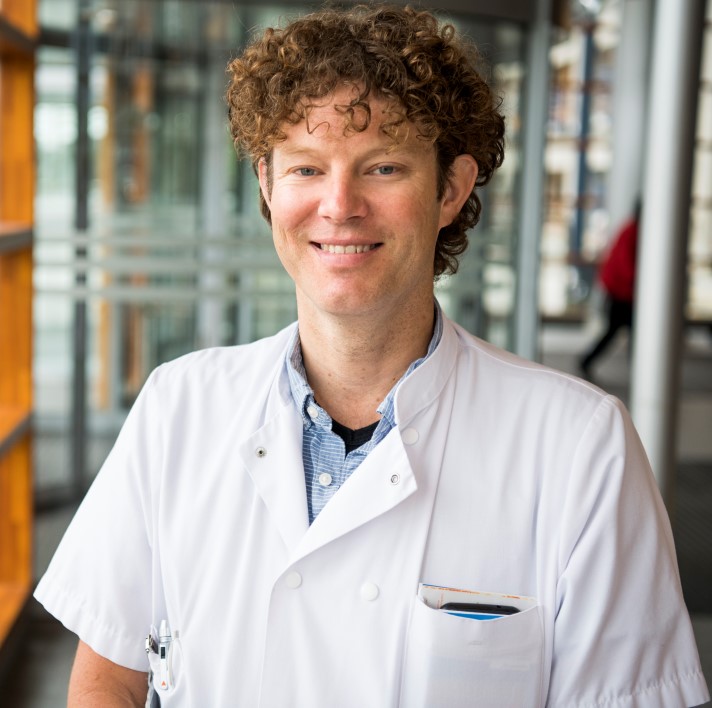Four LUMC projects receive ZonMw grant
&width=710&height=710)
Better rheumatic care
The road from muscle and joint pain to diagnosis and successful treatment is often long and frustrating. That is why the research project by Professor of Rheumatology Tom Huizinga and rheumatologist and project leader Rachel Knevel, among others, focuses on speeding up diagnosis and making rheumatic care more efficient.
They use data from more than 1.1 million people. This includes information on symptoms, genetics, blood tests and medical records. Using this data, they want to develop e-Health tools for patients but also tools to help doctors in making a diagnosis. This project brings together modern techniques with more traditional methods. Besides, it is also a project that brings together many different areas of expertise, such as rheumatologists, general practitioners, bioinformaticians and epidemiologists.
Heart repair
Anke Smits is working with colleagues from Maastricht and Eindhoven on adjusting the repair process of the heart after infarction. After a heart attack, a subset of the heart muscle cells is replaced by scar tissue. This tissue does not contribute to the pumping function, which can lead to heart failure, a condition with a survival rate of only 50% after 5 years. "We want to adjust the repair process by reducing scarring and allowing the heart's natural recovery ability to repair the damage," says Smits.
A team of experts will create a material that on the one hand provides support to the infarct area, and on the other hand allows drugs to pass through to stimulate the natural repair process. Smits: "In this way, we hope to provide infarct patients with the prospect of recovery."
Toolkit for Huntington's disease
Huntington's disease is an inherited brain disease characterised by symptoms of Alzheimer's, Parkinson's and ALS. It is caused by a DNA error that creates mutated huntington proteins that aggregate in the brain. The garbage collectors of our cells, which clean up these kinds of wrong proteins, do not recognise these proteins because their marking is not correct. As a result, they are not being cleared.
Researcher Monique Mulder and colleagues from Amsterdam want to identify and 'adjust' the enzymes involved in marking the huntington protein. They will investigate their function in cultured human brain cells. Mulder: "In this project, we will create a complete toolbox to study these enzymes. After identifying the enzymes involved, we will make a first start by looking for substances that improve the enzymes' function and thus prevent aggregation.”
Blood vessel-to-device connection
Patients with end-stage renal failure are treated with haemodialysis to stay alive. This requires access to blood vessels to transport blood to the dialysis machine. Therefore, an arteriovenous fistula (AVF) is created, in which an artery is surgically connected to a vein. However, these fistulas often fail because narrowing of the blood vessels occurs, causing a huge problem for these patients. Professor of Internal Medicine Joris Rotmans and researcher Margreet de Vries want to better understand the process of AVF failure. "We want to develop and administer therapies at the time of AVF surgery to prevent failure. In this way, we hope to improve dialysis treatment of patients with kidney failure," says De Vries.
Read more about the ZonMw Open Competition programme and the awarded projects.
&width=1144)
&width=710)
&width=710)
&width=712)
&width=712)